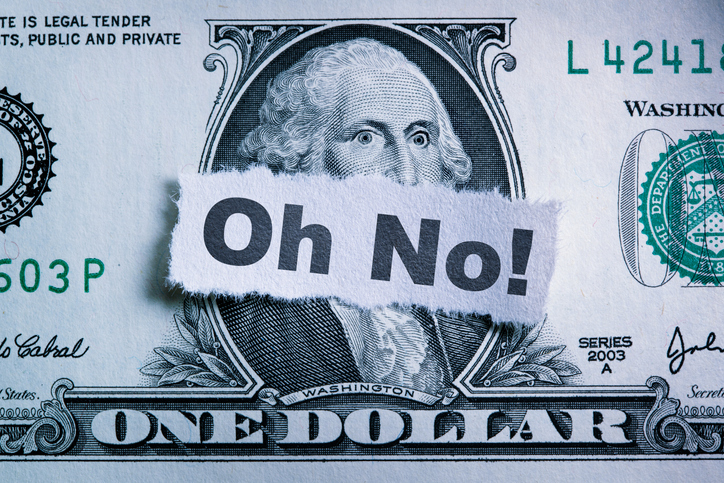“I’m sorry.” Sometimes, it’s hard enough to personally say those words to someone when we have wronged them. It has proven to be even harder to say by companies in the public eye. When they make a mistake, it is standard for brands to apologize via a formal statement (whether this apology is genuine or half-hearted is another story). These days, the lightning-fast accessibility of social media has made this statement even more important to a brand’s PR image. However, 2018 has seen some brands screw up so badly that they made a full video ad for their apology.
Earlier this year, Facebook was thrust into the limelight when it was discovered that private user data from the tech giant was accessed by other companies. One of the biggest offenders, political consulting firm Cambridge Analytica, was able to access data from up to 87 million users. This led to a long line of apologies, lawsuits, privacy policy changes, and testimonies in front of Congress. To build back its reputation and its monetary value, Facebook released an ad titled “Facebook Here Together” that tries to acknowledge its mistakes and earn back user trust.
Though Uber is still the top ride-sharing company of its kind, it has struggled with a long history of scandal after scandal since its establishment in 2010. Just to name a few, Uber’s PR nightmare has included surging fares in New York City in the aftermath of Hurricane Sandy, sharing medical documents of a woman in India who was sexually assaulted by her Uber driver, and neglecting to reveal a massive cyber-attack of 57 million users until over a year after it happened (after first paying hackers to cover it up). Numerous reports also described the rampant disregard for sexual harassment and gender bias within the company culture. Uber CEO Travis Kalanick and other top executives eventually resigned in June 2017. In May 2018, the company released an ad that showcases new CEO Dara Khosrowshahi. Rather than apologizing for Uber’s past mistakes (or rather, past unethical and intentional business practices), Khosrowshahi explains how he’s listening to Uber employees, drivers, and riders and wants to use their feedback to make Uber a better company to work for and a better service to use.
Wells Fargo made headlines in 2016 when it was revealed that bank employees created millions of bank accounts and credit card accounts without the approval of customers in order to meet their sales quota and make more money in the process. The bank ended up firing 5,300 employees and was forced to pay a $185 million fine. Since the initial news break, Wells Fargo has dealt with more scandals, including overcharging customers for mortgages and charging customers for auto insurance they did not need. The bank was fined $1 billion in April 2018 for those scandals alone. In an apology ad they released in May 2018, Wells Fargo admits their wrongdoing and tells customers what the bank is going to do to make things right. They even specifically mention the removal of product sales goals.
Brands make mistakes. Sometimes, those mistakes are really big and really bad. In this age of social media and the Internet, mistakes don’t get swept under the rug; they get spread far and wide from anything as formal as a news article to an informal as a tweet. When information is as readily and easily accessible as it is today, it’s important for brands to be accountable when they do something wrong. Facebook, Uber, and Wells Fargo are some of the most well-known companies in the world right now. All eyes are on them and on every little mistake they make. These three companies made huge mistakes that, if there is any chance of forgiveness, warrant a huge apology. Maybe their apology ads will work, maybe not. However, one thing is for certain: it’s important for companies to be accountable for their mistakes and actually act to make sure those mistakes don’t happen again.
